To provide the best experiences, we use technologies like cookies to store and/or access device information. Consenting to these technologies will allow us to process data such as browsing behaviour or unique IDs on this site. Not consenting or withdrawing consent, may adversely affect certain features and functions.
The technical storage or access is strictly necessary for the legitimate purpose of enabling the use of a specific service explicitly requested by the subscriber or user, or for the sole purpose of carrying out the transmission of a communication over an electronic communications network.
The technical storage or access is necessary for the legitimate purpose of storing preferences that are not requested by the subscriber or user.
The technical storage or access that is used exclusively for statistical purposes.
The technical storage or access that is used exclusively for anonymous statistical purposes. Without a subpoena, voluntary compliance on the part of your Internet Service Provider, or additional records from a third party, information stored or retrieved for this purpose alone cannot usually be used to identify you.
The technical storage or access is required to create user profiles to send advertising, or to track the user on a website or across several websites for similar marketing purposes.
 Every day, after a leisurely breakfast in bed and the opening of his post, Roald Dahl would wander down his garden to the grubby little hut crammed with personal paraphernalia he had created. There he would sharpen the six yellow pencils that were always by his side while he worked, settle into an armchair, put his feet up on an old suitcase filled with logs, place an American yellow legal pad of paper onto a makeshift board on his lap and work for two hours. More →
Every day, after a leisurely breakfast in bed and the opening of his post, Roald Dahl would wander down his garden to the grubby little hut crammed with personal paraphernalia he had created. There he would sharpen the six yellow pencils that were always by his side while he worked, settle into an armchair, put his feet up on an old suitcase filled with logs, place an American yellow legal pad of paper onto a makeshift board on his lap and work for two hours. More →





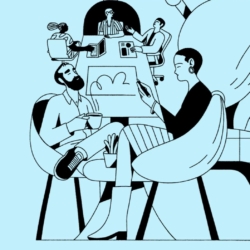
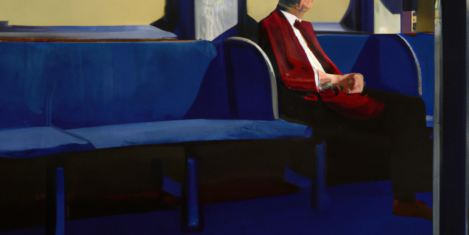

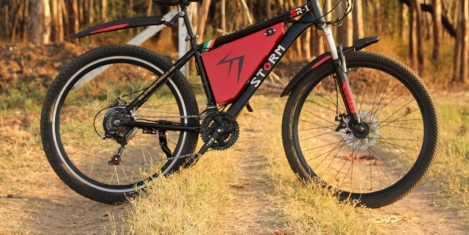
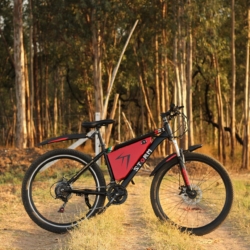
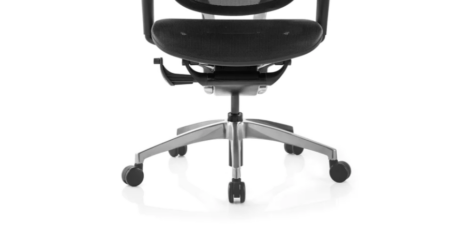
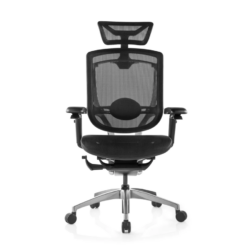

























February 28, 2024
The hybrid working office: ushering in a new era for the workspace
by Jeni Taylor • Comment, Flexible working, Workplace design